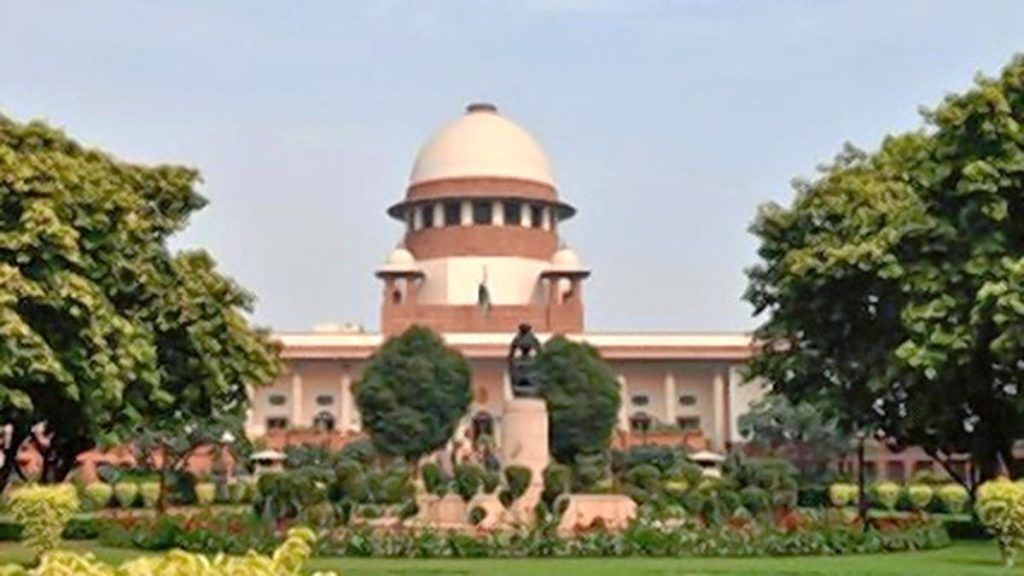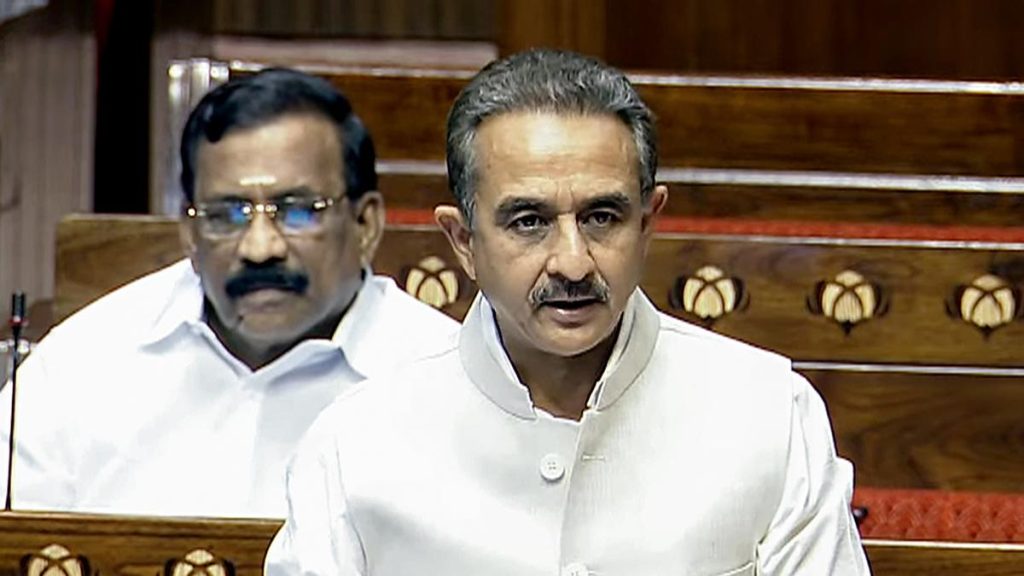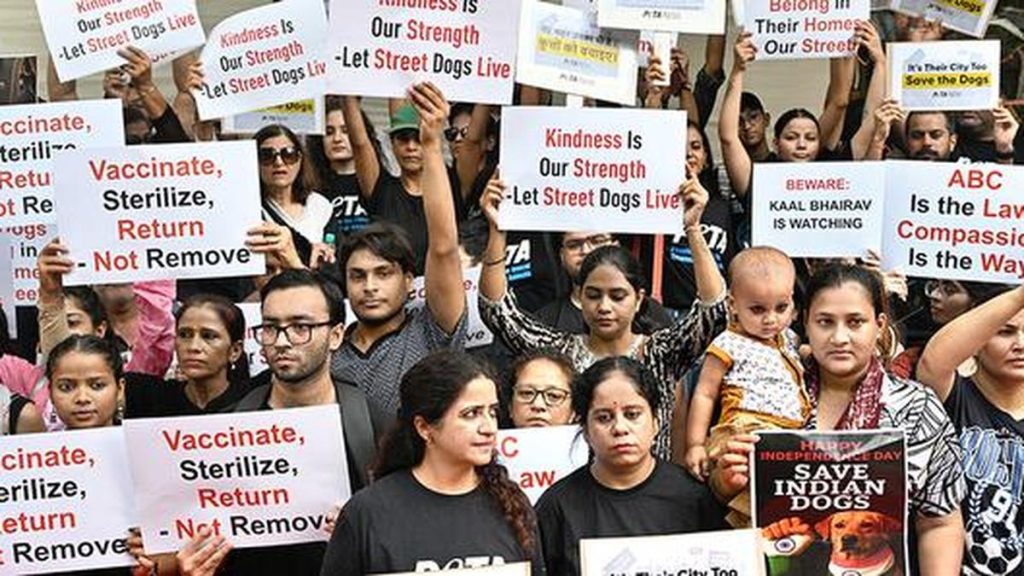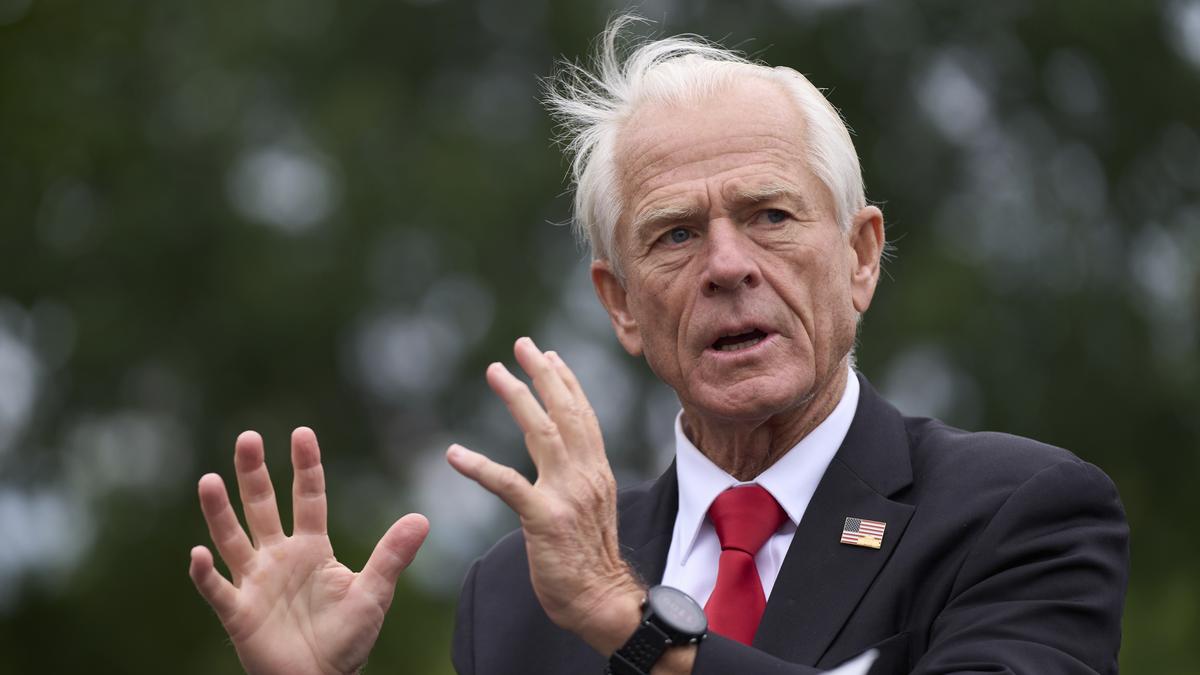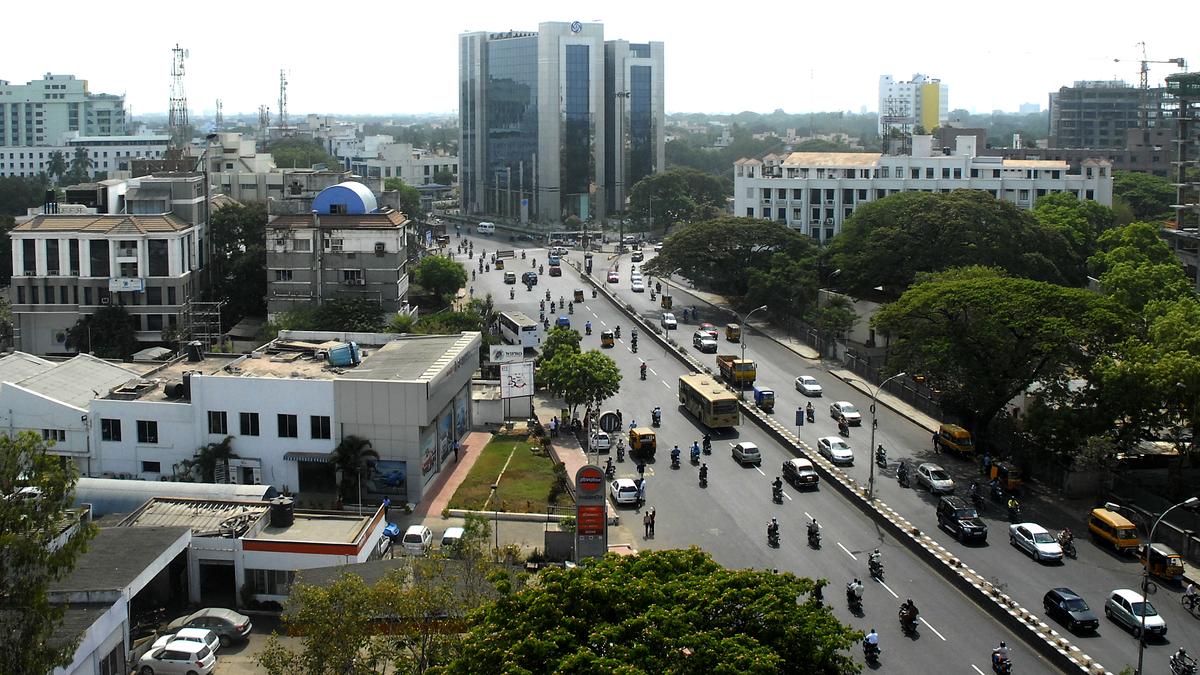Now Reading: Exploring Russian Ties to Chennai’s History on Madras Day 2025
-
01
Exploring Russian Ties to Chennai’s History on Madras Day 2025
Exploring Russian Ties to Chennai’s History on Madras Day 2025
Speedy Summary
- Historical ties between Madras (now chennai) and the Soviet Union date back to the early 20th century,with communism playing a significant role in the city’s political and social movements.
- M. Singaravelar led May Day events in Madras from the 1920s, promoting labour causes and communism. Other figures like Periyar E.V.R., Jeevanandam, and P.Ramamurthi also embraced Marxist ideologies.
- Cultural exchanges included visits by Soviet leaders nikita Kruschev and Nikolai Bulganin to Madras in 1955, Indo-Soviet film collaborations such as Pardesi featuring South Indian actors like Padmini, who later had a Soviet stamp issued in her honor.
- The soviets established a consulate in San Thome in 1967 that still operates today alongside cultural institutions like the Russian cultural center (formerly Soviet cultural Centre), which promoted chess through initiatives such as Tal Chess Academy.
- Industrial collaborations included ventures like Heavy Vehicles Factory at Avadi (a success) and an unsuccessful surgical instruments factory initiated by Indian Drugs and Pharmaceuticals at Nandambakkam.
- Streets,names (like Stalin),and Rajiv Gandhi’s Festival of India initiative further deepened Indo-Soviet connections.
Indian Opinion Analysis
Indo-Soviet relations have left enduring imprints on Tamil Nadu’s socio-political landscape with contributions spanning culture, industry, sports, and diplomacy. The influence of theatrical exchanges during early independence helped forge bonds rooted not only in ideology but also artistic collaboration – factors reflected in popular allegiances to chess or admiration for visiting state figures from Moscow.
However impactful socialist frameworks ntuition long gestated+l ideas converted tangible grassroots+Journey aligning post contingency rapid trade richàries+”Vitality mature excursions”+ Read More


